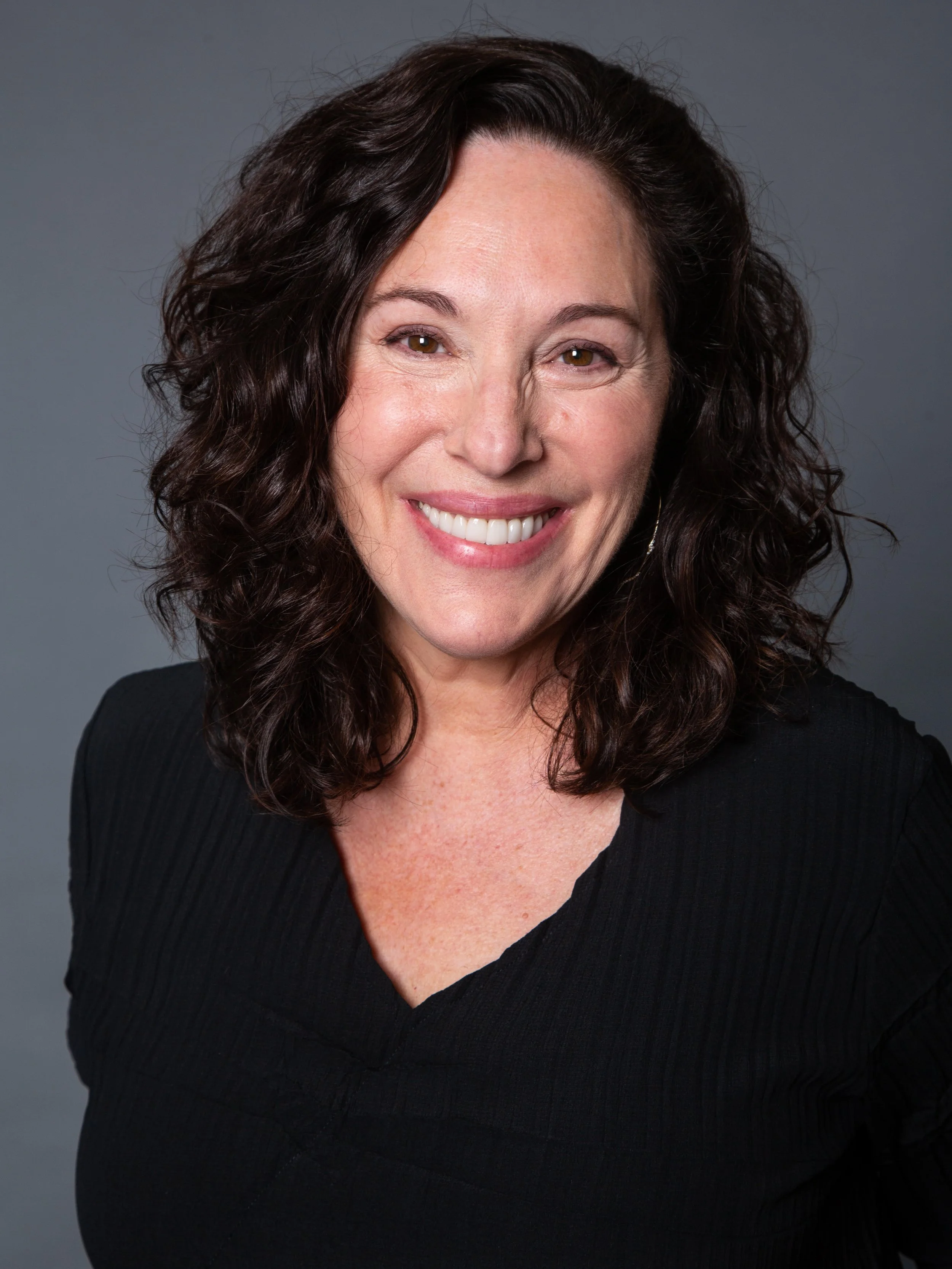PCOS and Disordered Eating with Julie Duffy Dillon MS, RD, NCC, LDN, CEDRD-S
After sobbing in her boss’s office 15 years ago, Julie Duffy Dillon, registered dietitian and PCOS expert, taught her last diet. Once she saw the anti-fat bias, she couldn't unsee it. Now Julie helps people with PCOS confidently tackle health concerns moving forward without shame and blame. She teaches them how to burn their PCOS diet books while bringing clarity into their relationship with food and body.
Listen as we debunk common “weight gain” misconceptions together and break down the intricacies of how diets could bring risk to someone diagnosed with PCOS. Julie will guide us through finding the exact tools that could give us relief when dealing with these hormonal shifts, and explain how PCOS and eating disorders relate. Add more value to this episode by paying it forward to someone who needs it. ❤️
Listen to the Episode Now
Show Notes
[0:01-1:42] Intro: PCOS and Eating Disorders
Introducing our guest speaker
[1:43-9:05] Navigating the Depths of PCOS and Eating Disorders
What is PCOS?
The Rotterdam Criteria: Absent Periods, Higher Endocrine Levels, Evidence on UltraSound
How does one get diagnosed with PCOS?
Distinguishing PCOS and Hypothalamic Amenorrhea
Eating enough food will help you distinguish between the two (PCOS/Hypothalamic Amenorrhea)
People with PCOS often will not ovulate.
[9:06-17:28] Does PCOS cause weight gain?
People can now go on medications to help them have a stronger egg.
You can have PCOS of any size; it’s a condition largely passed down through the family.
For some people, weight gain happens as their PCOS progresses.
The result of an endocrine disorder.
[17:29-22:36] PCOS and Eating Disorders
Dealing with hormonal shifts that makes intense cravings
How could diets harm someone who has PCOS?
Inflammation predicts disease
Long term dieting can make insulin and inflammation worse
[22:37-35:44] How can you treat PCOS?
Finding the right tools (whether it’s food or medication) that could help you lower insulin levels
The side effects of birth control pills
Make sure that you eat enough food
In terms of food, add more in that helps you feel more energized and better.
Working with your PCOS cravings.
Sleep is a big issue in PCOS
Self-care is a tool that could help you relieve PCOS symptoms
[35:45-37:03] Outro
Where to find Julie?
Resources Mentioned:
Tweetable Quotes
“Always listen to your own in-person health care provider.” - Julie Duffy Dillon
“Instead of taking things away, experiment on what you can add in eating that could help you.”-Julie Duffy Dillon
More From Rachelle
Hey there! I’m Rachelle, the host of the Understanding Disordered Eating Podcast. As a Licensed Mental Health Counselor, I work with clients to make sense of life’s messy emotional experiences.
I believe in the power of deep work and its positive impact on your life in the long term. Learn more about how we can work together here.
You can connect with me on Instagram, through my website or email me directly clicking the links below.
Subscribe & Leave A Review!
If you enjoyed this episode, you can show your support by leaving a review, subscribing, or sharing with someone who may need help. Click here to open this show in iTunes and leave a five star rating and review.
More Episodes








